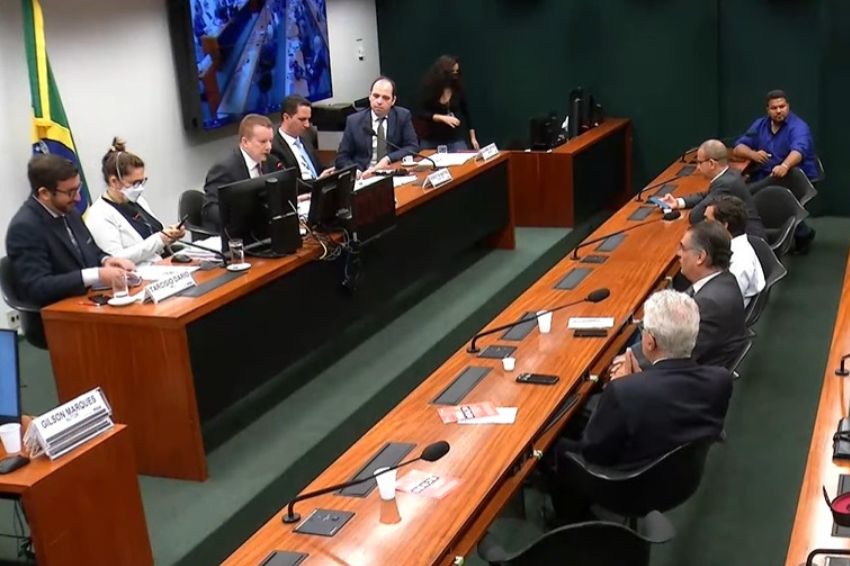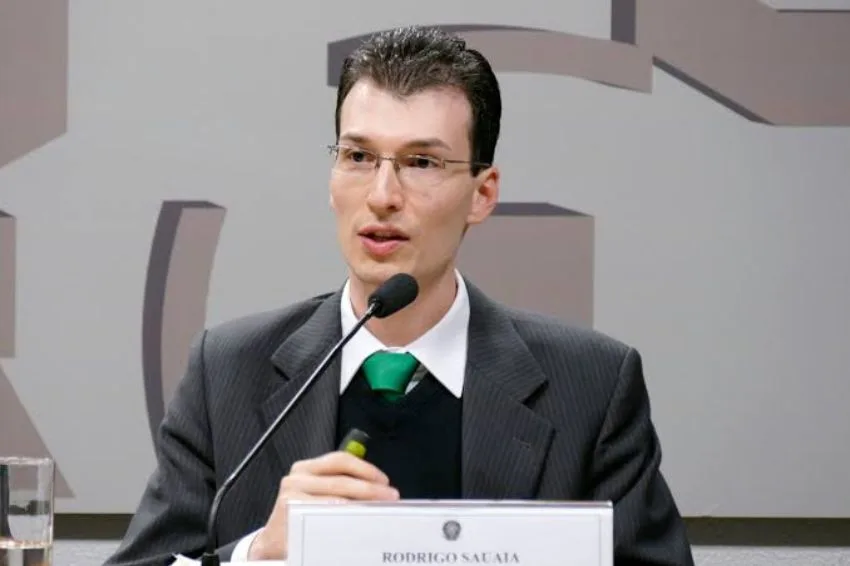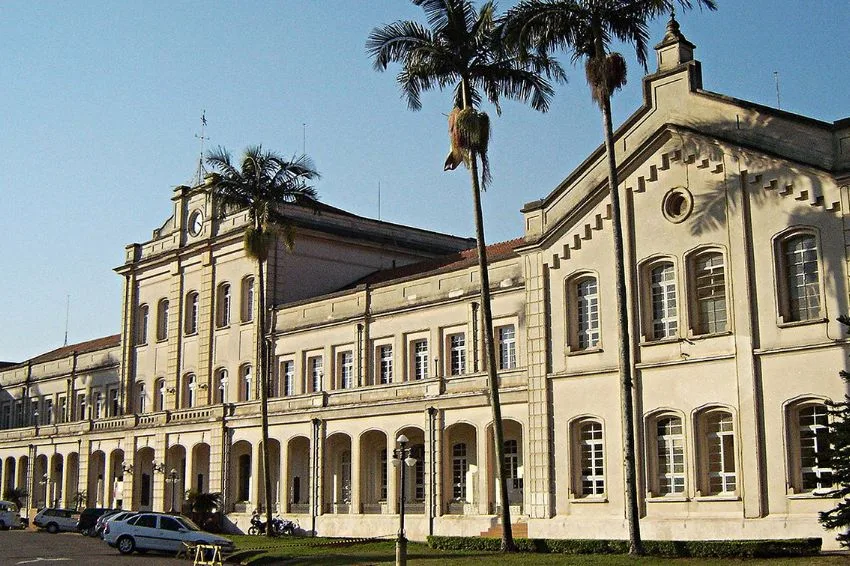The Consumer Protection Commission of Chamber of Deputies promoted, this Wednesday (22), a public hearing to debate the distributed generation of electrical energy.
Author of the request, the deputy Celso Russomanno (Republicans/SP) reported difficulties faced by consumers in this modality in relation to the connection of projects.
Among the adversities highlighted are problems in obtaining adequate responses, neglect and non-compliance with current regulations, disregard for deadlines established for inspections, issuance of opinions and the approval process.
The meeting was attended by professionals and authorities from the electricity sector, who listed the damage being caused to photovoltaic projects and highlighted the lack of standardization among distributors.
Guilherme Susteras, advisor to ABSOLATE (Brazilian Association of Photovoltaic Electric Energy), was present at the meeting and explained the number of requests received by the company since 2019, through the ombudsman for members.
“There are more than 1950 complaints that we received until June this year. Most of them are related to deadlines, which is the biggest challenge we have here”, he reported.
To give you an idea, of the cases received, 31.7% correspond to the deadline for issuing an access opinion, followed by the deadline for carrying out inspections (27.5%) and the deadline for replacing the meter (18.5%).
Furthermore, Susteras highlighted that the Association realized that, since the approval of Law 14,300, there has been a considerable worsening in the level of service quality and service provided by distributors.
“As a result, we carried out an emergency survey and received 170 responses. In total, 246 complaints were made, which we are dealing with directly with the distributors throughout this week”, he said.
Based on the analysis of members' complaints, ABSOLAR verified the existence of two large groups of problems:
- Structural problems: caused by the structure adopted by the regulator for the distributed generation market, which grants excessive market power to distributors;
- Behavioral problems: distributors have abused this power, in various ways, to curb the growth of their “new competitors” in the supply of electricity to consumers in the captive market – integrators and prosumers.
Lack of standardization among distributors
Tarcisio Dário, deputy director of the Midwest of INEL (National Institute of Clean Energy), was also present at the public hearing and spoke about the entity's point of view. “In our view, we have to delve deeper into the cause of the problems.”
"Which are they? Electricity distributors take the concept of captive customers very seriously. The consumer today, in a way, is deprived of the freedom to generate their own energy because they end up legislating”, he pointed out.
Therefore, according to him, there is no uniform standardization in the process of connecting solar or any form of renewable energy among distributors in the country.
“Each person creates their own rules, there is no standard that can allow measuring who is working correctly. The consumer is tied to the distributors”, he emphasized.
In fact, to exemplify the situation, Dário mentioned that a customer from Goiás has had a photovoltaic solar plant installed for four months and, to date, his system is not connected.
"A ANEEL (National Electric Energy Agency) is being very receptive to the sector, but there is a lack of human resources for inspection to be carried out in a forceful manner on the distributors, who monopolize the segment. We have to work on this supervision to free the captive consumer, a slave to these companies”, he concluded.
Historic day for the sector
During the hearing, Hewerton Martins, president of the Solar Entrepreneur Association, highlighted the importance of the hearing, saying that it is a historic day for distributed solar energy and for the consumer.
“It is a day that marks change, the path for consumers to have a voice. Now, with complaints being forwarded directly to the Commission, we believe that we will make much further progress”, stated Martins.


















10 Responses
It is urgent that ANEEL establishes strict rules and punishment for dealerships that exceed approval and clock change deadlines! Precisely because it is the only way they can “retaliate” against citizens who make their free choice for GD! For them it is a loss of revenue and - if they don't punish - they will only make things worse and discredit the alternative of their own generation.
We have some companies that work well in the procedural part, such as CPFL in São Paulo, but their technical team does not have standardization and this greatly affects new connections. ENEL is confusing in its process as a whole, this part of the cycle really needs standardization.
We live in a country where a citizen wears a yellow shirt to protest against a law that is included in Brazilian law, as simple as: “I am against law 12.236/98,” for example, and no one is able to talk to him and say that he, the citizen, is committing a crime of civil disobedience. Because the law must be fulfilled.
A law is structured that is, in fact, a regulatory march, 14,300, for the photovoltaic energy sector and the concessionaires, making its full application difficult because it hurts their interests. This behavior denounces that we are experiencing an unprecedented anarchy.
Energisa isn't even paying attention to the Residential Electricity Standard. After requesting the call, the caller informed us that the distance was over 4.5 km, I went to the field and we took the measurement and it was 3 km.
And it is everyone's right to have electricity in any home.
That's right, Paulo is going to do whatever he wants with agents, if there's no harsh punishment, we're in their hands.
I enjoyed this meeting, as a consumer, I see pressure in this energy distribution, as I have no other option, with DG I will feel free, after all I am a consumer, and I have free choice. I expect new regulatory laws for the entire country.
It makes no sense to depend on the goodwill of a monopolistic and powerful competitor.
The Rules (Laws) have to change, with the adoption of well-defined deadlines for all Concessionaires and Daily Fines for delay!
We work at a national level and unfortunately we are having serious difficulties in approving and approving projects in Rio de Janeiro, in particular, the distributors Light and Enel-RJ make our work very difficult.
To name a few cases, there are Enel-RJ customers with 05 months in which it was not possible to approve the project, because the concessionaire is deliberately making the process difficult. As a solution, we seek partnership with professionals in the region to try to optimize the process (perhaps they people like people from the region more), but wear and tear always happens with the customer and that is very bad. In another case, Light recently insisted on saying that the documentation was not sent, even though all of this was done by the Virtual Agency as per the picture, the detail is that in these cases we have recorded the computer screen, in addition we also recorded the calls, as the Sometimes it is necessary to show the customer where the problem really is.
Everyone who is having difficulties needs to come forward and expose their problems on their social networks so that there is real pressure and intervention from the Federal sphere in this matter! And it needs to be soon!
What to expect at the end of the year when we are actually migrating to Law 14,300? It will be chaos for everyone and a big loss for customers!!
Light even lost documentation inserted in my client's virtual agency. They sent an email saying it was a systemic error. The right thing to do was to pay a fine, bringing the energy bill to zero. Another client, despite the protocol that is generated when documents are entered into the virtual agency, informed that the protocol did not exist, I have it printed, I sent it via email, they received it, they informed that it was under analysis and after 20 days, when I charged it, they informed that they had not received. I have all emails saved. I was only able to register by going to the physical agency, registering everything with paper (we're back to the days of snoring).
I would like to ask the Federal Police to investigate these guys because there are reports that they receive money from some companies and professionals to speed up processes, like, they paid, they went, they didn't pay, they dance and anything can happen.
As long as there are no heavy fines for the concessionaires, they will do what they want, they should pay for the customer's loss and be prevented from charging for electricity until the system comes into operation if it is found that the concessionaire was negligent. It quickly resolves.